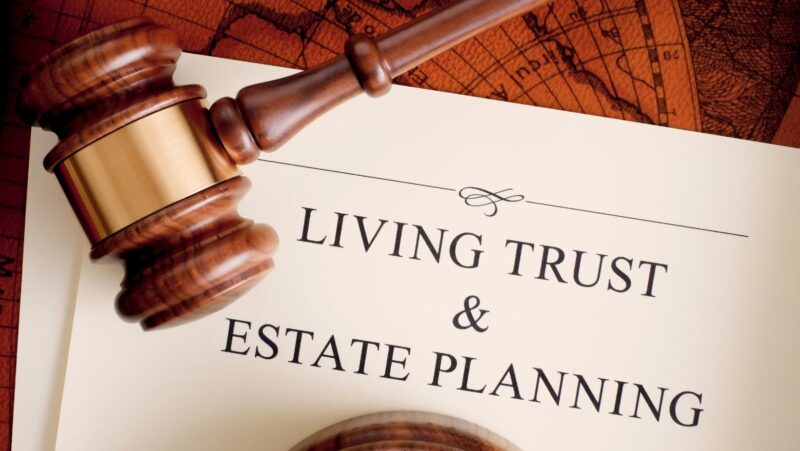
If You Get Evicted, Do You Have to Pay the Rest of Your Lease
If you find yourself facing eviction, you may be wondering if you’re still responsible for paying the rest of your lease. It’s a valid concern that many tenants have when their living situation takes an unexpected turn. In this article, I’ll explore the topic of whether or not you have to pay the remaining lease amount after being evicted.
When it comes to evictions, the laws can vary depending on your location and the specific circumstances surrounding your case. Generally, if you are legally evicted from your rental property, it does not automatically absolve you from paying the remaining balance of your lease. You may still be held accountable for fulfilling your financial obligations until the end of the lease term.
However, there are some factors that could potentially release you from this responsibility. For instance, if your landlord is able to find a new tenant quickly after your eviction or if they fail to make reasonable efforts to re-rent the property, they may not be entitled to collect rent from you for that period. It’s important to familiarize yourself with local laws and consult with legal professionals who can provide guidance tailored to your specific situation.
In conclusion, while being evicted doesn’t necessarily relieve you of paying the remainder of your lease, there are certain circumstances where you may be released from this obligation. Understanding local laws and seeking legal advice can help ensure that you navigate this process accurately and protect your rights as a tenant.

Understanding the Eviction Process
When it comes to facing eviction, understanding the process can help alleviate some of the confusion and uncertainty that often accompanies such a situation. Let’s delve into the key aspects of the eviction process to gain a clearer picture.
- Notice: The first step in the eviction process typically involves receiving a notice from your landlord or property management. This notice serves as a formal communication informing you of their intent to evict and outlining the reasons for it. It’s important to carefully review this notice and seek legal advice if needed.
- Legal Proceedings: If you fail to address the issues mentioned in the notice or reach an agreement with your landlord, they may initiate legal proceedings against you. This could involve filing an eviction lawsuit in court, where both parties will have an opportunity to present their case.
- Court Hearing: A court hearing allows both sides to present evidence and arguments supporting their position regarding the eviction. It is crucial to attend these hearings and provide any relevant documentation or witnesses that can support your defense.
- Judgment: After considering all presented evidence, a judge will make a decision regarding whether or not you should be evicted from the property. If they rule in favor of your landlord, they may issue a judgment ordering you to vacate within a specified timeframe.
- Enforcement: If you remain on the premises beyond the given timeframe stated in the judgment, your landlord may request assistance from law enforcement authorities or hire professional movers to physically remove you from the property.
Remember, each jurisdiction may have specific laws governing evictions that can vary slightly, so it’s essential to consult local regulations or seek legal advice tailored to your situation.
Navigating through an eviction process can be challenging and emotionally draining but having knowledge about each step involved can empower you during this difficult time.











